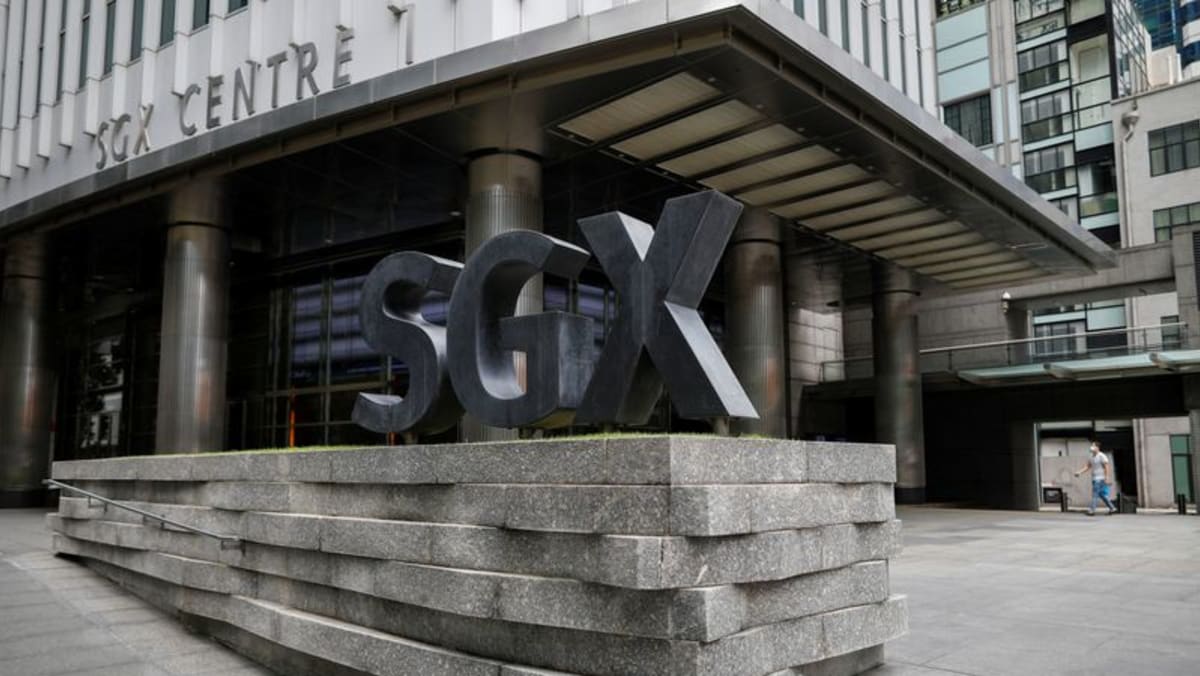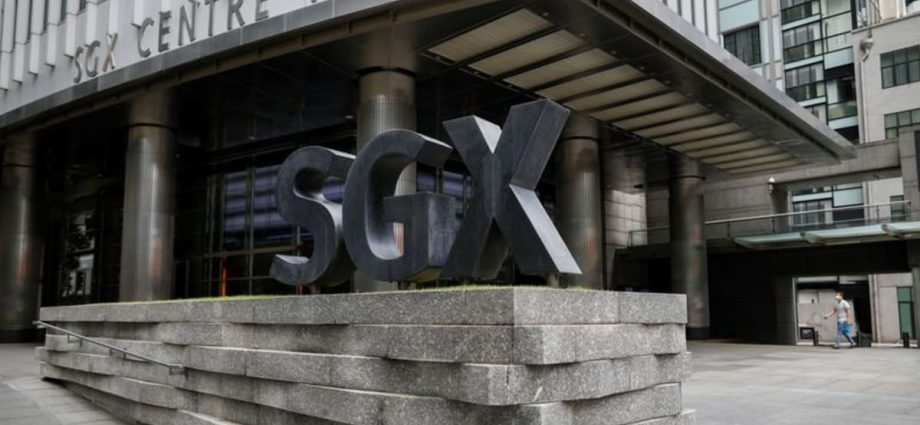
SINGAPORE: Directing Singapore sovereign wealth fund GIC to invest in locally-listed firms is “not the solution” to improve the attractiveness of the local equity market, said Transport Minister Chee Hong Tat on Tuesday (Jul 2).
“Doing so will compromise our objectives of setting up GIC, which is not beneficial for Singapore and Singaporeans,” he said, adding that the government would continue to seek more “sustainable” approaches.
Mr Chee, who is also Second Minister for Finance, was responding to a parliamentary question from Member of Parliament Liang Eng Hwa (PAP-Bukit Panjang) on whether the government would consider a suggestion from some industry players for GIC to allocate part of its investments to securities listed on the Singapore Exchange (SGX).
GIC – one of the three investment entities managing Singapore’s reserves – is the government’s fund manager. It does not own the assets it manages and as a rule, it does not invest in Singapore.
The suggestion that GIC should expand its portfolio to include the Singapore market gained traction after a recent report by the Financial Times.
The report on May 5 said the SGX and other government agencies are studying proposals from a venture and private capital association that include allowing pension and sovereign money to be invested in the stock market.
This is not the first time that this has been mooted. The Singapore Business Federation proposed having GIC use Central Provident Fund (CPF) monies to invest in the Singapore stock market as early as 2016.
Earlier this year, the Society of Remisiers (Singapore) also made a similar recommendation as a way to shake up the struggling local stock market, which has seen subdued trading volumes and delistings frequently outnumbering listings.
Last year, for example, there were 25 delistings and just six initial public offerings (IPOs).
This contrasts with the SGX’s regional peers. In 2023, there were 79 IPOs in the Indonesia Stock Exchange, while bourses in Malaysia and Thailand welcomed 32 and 40 listings, respectively, according to a report by Deloitte.
Several Singapore companies have also opted to list overseas in recent years, such as property tech firm Ohmyhome, which made its debut on the Nasdaq last year. More recently, cancer diagnostics firm Mirxes refiled its draft prospectus in May for an IPO in Hong Kong.
“SHOULD NOT DIRECT OR INTERFERE” WITH GIC’S INVESTMENT DECISIONS: CHEE
In his reply, Mr Chee said GIC’s mandate is to preserve and enhance the international purchasing power of Singapore’s reserves, especially for crisis needs.
This means that GIC’s investment decisions must “aim to achieve good long-term returns for Singapore”.
“GIC must, therefore, continue to make professional investment decisions, and the government should not direct or interfere with GIC’s investment decisions,” said the minister.
He added that under current arrangements, the sovereign wealth fund can “invest in appropriate Singapore companies if these companies have a global footprint and generate good returns for GIC’s portfolio”.
A “more sustainable way” to develop the local equity market is to groom and develop a pipeline of good companies to list on the SGX, Mr Chee said.
One initiative is through establishing funds, such as the Anchor Fund @ 65 introduced in 2022, that support growth enterprises and prepare them for IPOs in Singapore.
“These funds have invested in nine companies to date and they are working closely with the portfolio companies to prepare them for IPO on the SGX,” said Mr Chee.
The government also has various schemes in place to help more SGX-listed companies expand overseas and become more attractive to global investors.
“The government remains open to new ideas and measures to improve our equity market and support business growth. We will continue to work with industry stakeholders on this goal,” Mr Chee told the House.

